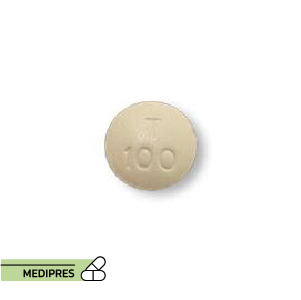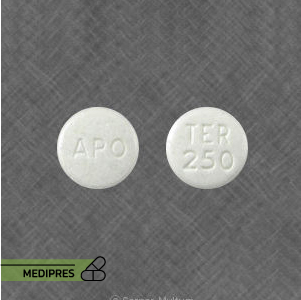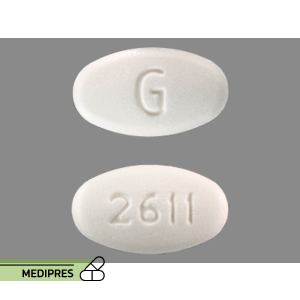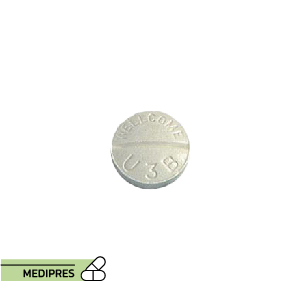
Terbinafine
23 June, 2023
Topiramate
23 June, 2023Thiamine
Generic name: Thiamine (vitamin B1)
Drug class: Vitamins
Dosage forms: Injectable solution, Tablet
Root of administration: Intramuscular Injection, Intravenous Infusion, Oral
Dose: 100 mg/mL, 50, 100, 250 mg
Mechanism of action: Thiamine is vitamin B1. Thiamine is found in foods such as cereals, whole grains, meat, nuts, beans, and peas. Thiamine is important in the breakdown of carbohydrates from foods into products needed by the body. Its mechanism of action is primarily related to its function as a coenzyme in several enzymatic reactions.
Drug usage cases: Thiamine is used to treat or prevent vitamin B1 deficiency. Thiamine injection is used to treat beriberi, a serious condition caused by prolonged lack of vitamin B1.
Drug contra indications: You should not use thiamine if you have ever had an allergic reaction to it. Ask a doctor or pharmacist if it is safe for you to take this medicine if:
you have any other medical conditions; you take other medications or herbal products; or you are allergic to any drugs or foods. To make sure you can safely receive injectable thiamine, tell your doctor if you have kidney disease.
Side effects: Get emergency medical help if you have any of these signs of an allergic reaction: hives; difficult breathing; swelling of your face, lips, tongue, or throat. Call your doctor at once if you have a serious side effect such as:
blue colored lips; chest pain, feeling short of breath; black, bloody, or tarry stools; or coughing up blood or vomit that looks like coffee grounds.
Warnings: You should not use thiamine if you have ever had an allergic reaction to it. Ask a doctor or pharmacist before taking thiamine if you have any medical conditions, if you take other medications or herbal products, or if you are allergic to any drugs or foods. Before you receive injectable thiamine, tell your doctor if you have kidney disease. Thiamine is only part of a complete program of treatment that may also include a special diet. It is very important to follow the diet plan created for you by your doctor or nutrition counselor. You should become very familiar with the list of foods you should eat or avoid to help control your condition.
Use during pregnancy or breastfeeding: Thiamine is not expected to harm an unborn baby. Your thiamine dose needs may be different during pregnancy. Do not take thiamine without medical advice if you are pregnant or plan to become pregnant. It is not known whether thiamine passes into breast milk. Your dose needs may be different while you are nursing. Do not take thiamine without medical advice if you are breast-feeding a baby.



